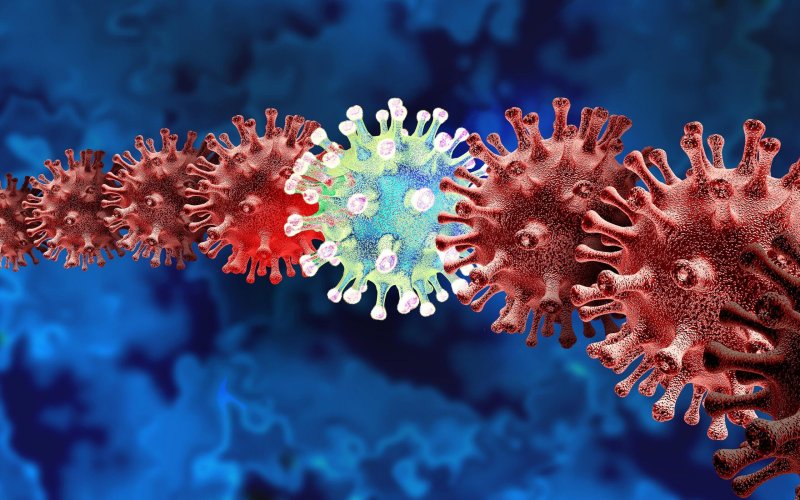Even for a virus, evolution is a long game, and our relationship with SARS-CoV-2 is still in its infancy. We are extremely unlikely to eradicate the virus, scientists say, and what the next few years — and decades — hold is difficult to predict.
But the legacy of past epidemics, as well as some basic biological principles, provides clues to where we could be headed.
The coronavirus could shift in countless ways, but there are three concerning possibilities: It could become more transmissible, it could become better at evading our immune system or it could become more virulent, causing more serious disease.
SARS-CoV-2 has already become more transmissible.
…
But scientists don’t expect this process to continue forever.
There are likely to be some basic biological limits on just how infectious a particular virus can become, based on its intrinsic properties. Viruses that are well adapted to humans, such as measles and the seasonal influenza, are not constantly becoming more infectious, [viral evolution expert Dr. Jesse] Bloom noted.
It is not entirely clear what the constraints on transmissibility are, he added, but at the very least, the new coronavirus cannot replicate infinitely fast or travel infinitely far.































